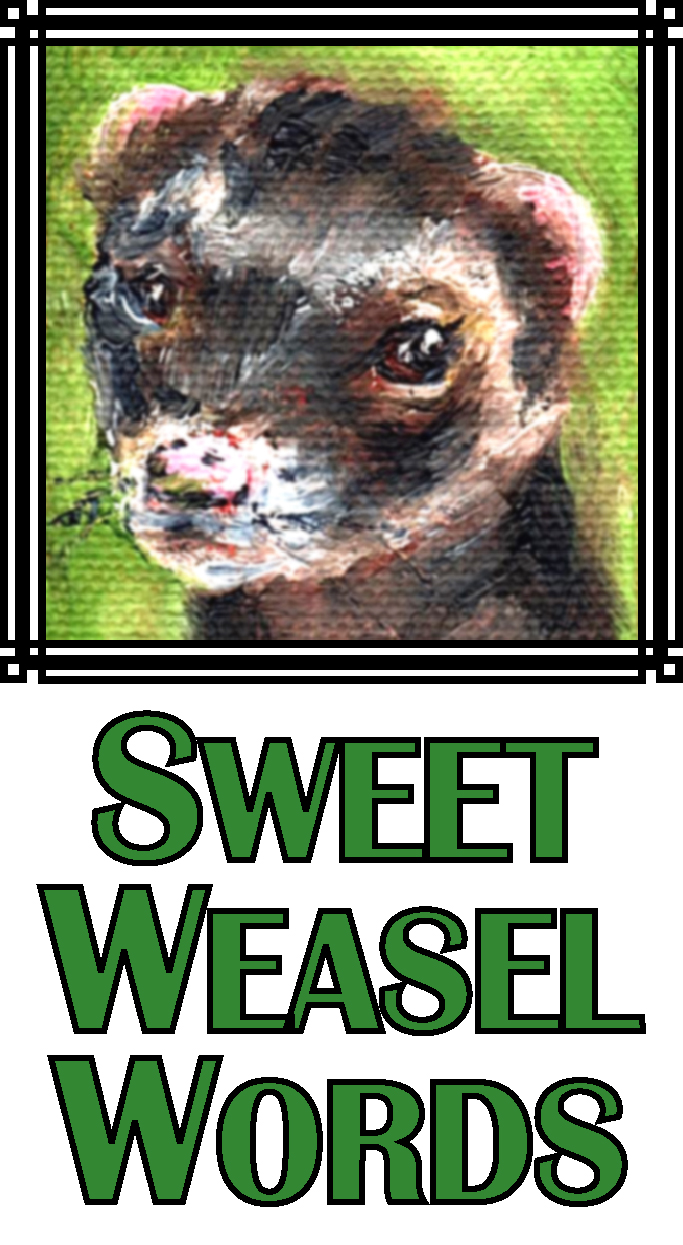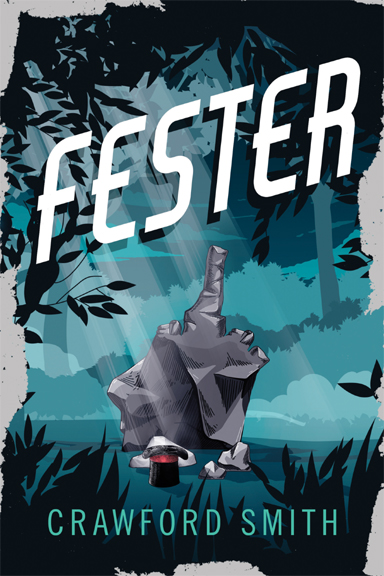
Hello friends! I’m enjoying what has so far been a very pleasant summer in Portland. I’m closing in on completing the third draft of a new novel, called Laughingstock. I hope to have it published by the end of the year.
Laughingstock is about two comedy nerds, Chuck and Duckie, who as teenagers psych each other up to actually try performing as a comedy duo. After some miscues, they find that that they’re enjoy it and are good at it. Just as their nascent career is starting to take off, Duckie’s family moves (to Fester, Pennsylvania, of all the awful places). As with so many long-distance relationships, they grow apart. They continue to pursue their careers separately, with varying success. Chuck makes the move to Los Angeles, where his star rises quickly and he lands his own network comedy show. Duckie, meanwhile, languishes in the comedy backwater of Portland, grabbing whatever gigs he can manage and paying the bills with dull third-shift jobs.
Just as Chuck’s show takes off, he abruptly disappears. Duckie undertakes a search to locate his old friend. His wild search involves many strange people and circumstances, including the legacy of Mickey Gross, a legendary comedian who supposedly died of cancer five years prior. Duckie’s search leads him to a remote island in Bristish Columbia, where he discovers a strange comedy secret that has been concealed for decades.
Compelling stuff, eh, kids? I sure hope so, and I’m having a lot of fun writing it. (Which is almost entirely the point; I sure ain’t in this for the money!) I’d really hoped to be done with Draft 3 earlier this spring, but it sure didn’t work out that way. However, just when I think I’m approaching closure, one of the characters goes off the rails and I have to figure out how to incorporate their unexpected behavior.
I’ve spoke before about my “pantsing” approach to writing: the flying-by-the-seat-of-my-pants approach to storytelling, as opposed to “plotting,” where most of the action is plotted out before Word 1 is written. I’m just too impatient to be a plotter; it’s pantsing all the way for this guy.
Which is a lot of fun, but not conducive to speedy writing. For example, in Laughingstock, Duckie meets the estranged daughter of Mickey Gross, and they unexpectedly fall into a torrid love affair. Honestly, I did not see this coming. Of course, it provided an excuse to write some steamy sex scenes, and diluted the “sausage party” vibe that comes from writing about male-dominated activities like stand-up comedy. (As a comedy nerd myself, I’m gratified to see more women rising to prominence in this field.) Good things come from pantsing.
Similarly, in Fester, Paul Plummer was originally meant to be a minor character who would sort of fade into the background after the first act. Instead, he ended up being on of the main characters of the novel. It was fun to sort of conceive of these characters and then set them loose to see what happens. I’ll also do this deliberately if I get a little stuck. For example, Laughingstock has a network executive named Don Bundy. I wasn’t sure what Don was all about, so just to find out, I wrote a scene showing what Don does in the evening when he goes home from work. It turns out that Don is a lot creepier than I’d originally thought. The scene was excised from the second draft as it didn’t really move the story along, but it provided invaluable insight into Don’s character which was very useful for the rest of the story.
So that’s my story, and I’m sticking to it. The novel is progressing slowly – not because of authorial laziness (well, not entirely) – but because these darned characters act like they have minds of their own! Onward!



